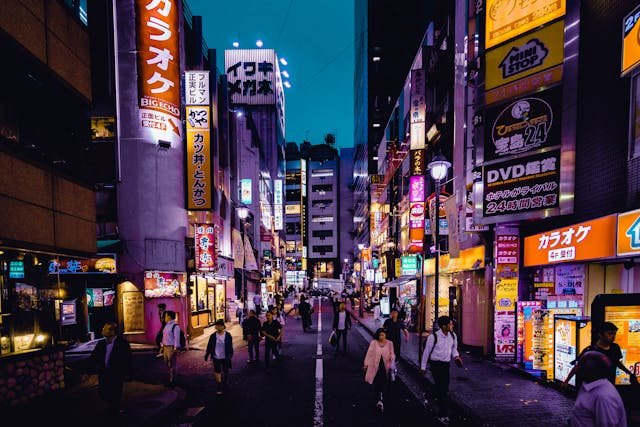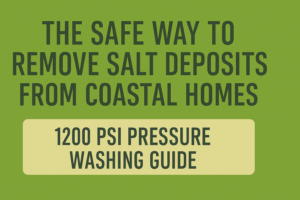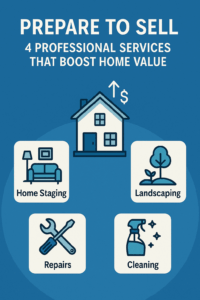Renting vs. Owning in Japan: What Expats Need to Know When Moving

Renting vs. Owning in Japan: What Expats Need to Know When Moving

When moving to Japan as an expat, one of the first decisions you’ll need to make is whether to rent or own your home. Owning a house in Japan can seem appealing, offering stability and long-term benefits, but renting may be more practical for some. The Japanese real estate market is unique, and there are key factors to consider before you make your choice.
The Appeal of Owning a Home in Japan
Owning in Japan can be a dream for many expats. It offers the freedom to make long-term decisions about your living space and the potential to build equity over time. However, the process of buying a home in Japan is different from what you might expect in other countries. For one, the mortgage process can be more challenging for foreigners. While it is possible to get a mortgage, many lenders prefer applicants who have been living in Japan for several years and can demonstrate financial stability. Additionally, the property itself must meet certain requirements, including earthquake-resistant construction, which is a priority in Japan’s building standards.
Renting in Japan: The Practical Option
For most expats, renting is the more practical option. The rental market in Japan is well-developed, with a variety of options available to suit different needs. Most rental contracts in Japan are for two years, with the option to extend the lease at the end of the term. Rental properties in Japan are often well-maintained and come fully equipped with essential appliances, making them move-in ready. Finding a home in Japan can be relatively easy, with real estate agents offering assistance and guidance. Unlike buying, renting does not require a large upfront financial investment, and you can move without the long-term commitment of owning a property.
Factors to Consider When Renting in Japan
One of the key things to remember when renting in Japan is that the rental process can be strict. Most landlords will require a guarantor, often a Japanese person or an institution that can vouch for you. This is especially common for foreigners who don’t have a solid credit history in Japan. Additionally, you may need to pay various upfront fees, including a deposit, key money (a non-refundable gift to the landlord), and agent fees. These costs can add up quickly but are usually lower than the expenses associated with buying a property.
The Financial Side of Owning in Japan
When considering buying an estate in Japan, you must look closely at the financial side. Japan has high property prices in many urban areas, particularly in Tokyo, Kyoto, and Osaka. These cities are popular among expats, which can increase demand for rental and owned properties. Owning a home means that you will have to cover costs like property taxes, home insurance, and regular maintenance. In addition to these expenses, the process of buying a home in Japan often includes high upfront costs, such as a down payment, registration fees, and agent commissions.
Long-Term Investment
Owning can be a good long-term investment, especially if you plan to live in the country for many years. Japan’s real estate market is generally stable, with moderate price fluctuations. You can work with a real estate agent specializing in expat rentals to find a home in Japan. While the upfront costs may be high, owning a property can be a good way to secure a financial future, especially if property values increase over time. Additionally, Japanese homes tend to retain their value, making them a reasonable investment for those looking to build wealth. However, renting may offer a more practical, flexible solution for many expats.
Understanding the Mortgage Process in Japan
Understanding the mortgage process is crucial for those interested in owning a home in Japan. Japanese banks offer both fixed and variable-rate mortgages, but getting approved for a loan can be difficult if you’re a foreigner without permanent residency status. While it’s not impossible to secure financing, be prepared to offer a larger down payment (usually 20-30% of the property price). The mortgage term can range from 15 to 35 years, depending on the lender and your financial situation. Keep in mind that banks will also assess your ability to repay the loan, which your job stability, income, and credit history can influence.
Maintenance and Responsibility: Renting vs. Owning
When you own a home in Japan, you are fully responsible for maintenance and repairs. This can be a time-consuming and costly commitment. If the roof needs repairs or the plumbing has an issue, you will need to take care of it yourself or hire professionals. This is a major responsibility that many expats may not be prepared for. Renting, however, shifts the responsibility to the landlord, who typically handles maintenance and repairs. This can be a huge relief, especially for those unfamiliar with the intricacies of Japanese construction and home care.
Renting vs. Owning: Flexibility and Stability
One of Japan’s biggest differences between renting and owning is flexibility versus stability. Renting offers flexibility—if you decide to move, it’s much easier to do so without the hassle of selling a property. This can be especially useful if you are uncertain about how long you will stay in Japan or plan to relocate to a different city shortly. On the other hand, owning a home provides more stability. You won’t be subject to rent increases and can permanently change the property as you wish. Ownership might make more sense for those looking to settle in Japan for the long term.
The Cultural Aspect of Owning in Japan
In Japan, owning a home can have cultural significance. It is often seen as a sign of success and permanence. Many Japanese families view owning a home as an important milestone in life, and this perspective can influence how expats are viewed in the local community. On the other hand, renting is also common, especially in large cities where mobility is important. Expats may find that many locals choose to rent due to the flexibility and convenience it offers.
Renting or Owning?
Whether you rent or own in Japan depends largely on your circumstances. Owning in Japan offers stability and the potential for long-term investment, but it comes with significant financial responsibilities and challenges. Renting provides flexibility and fewer upfront costs, making it a practical choice for many expats. Ultimately, the decision comes down to how long you plan to stay in Japan, your financial situation, and your personal preferences.
Explore the pros and cons of renting vs. owning property in Japan for expats to decide what’s best for you.
Owning in Japan





